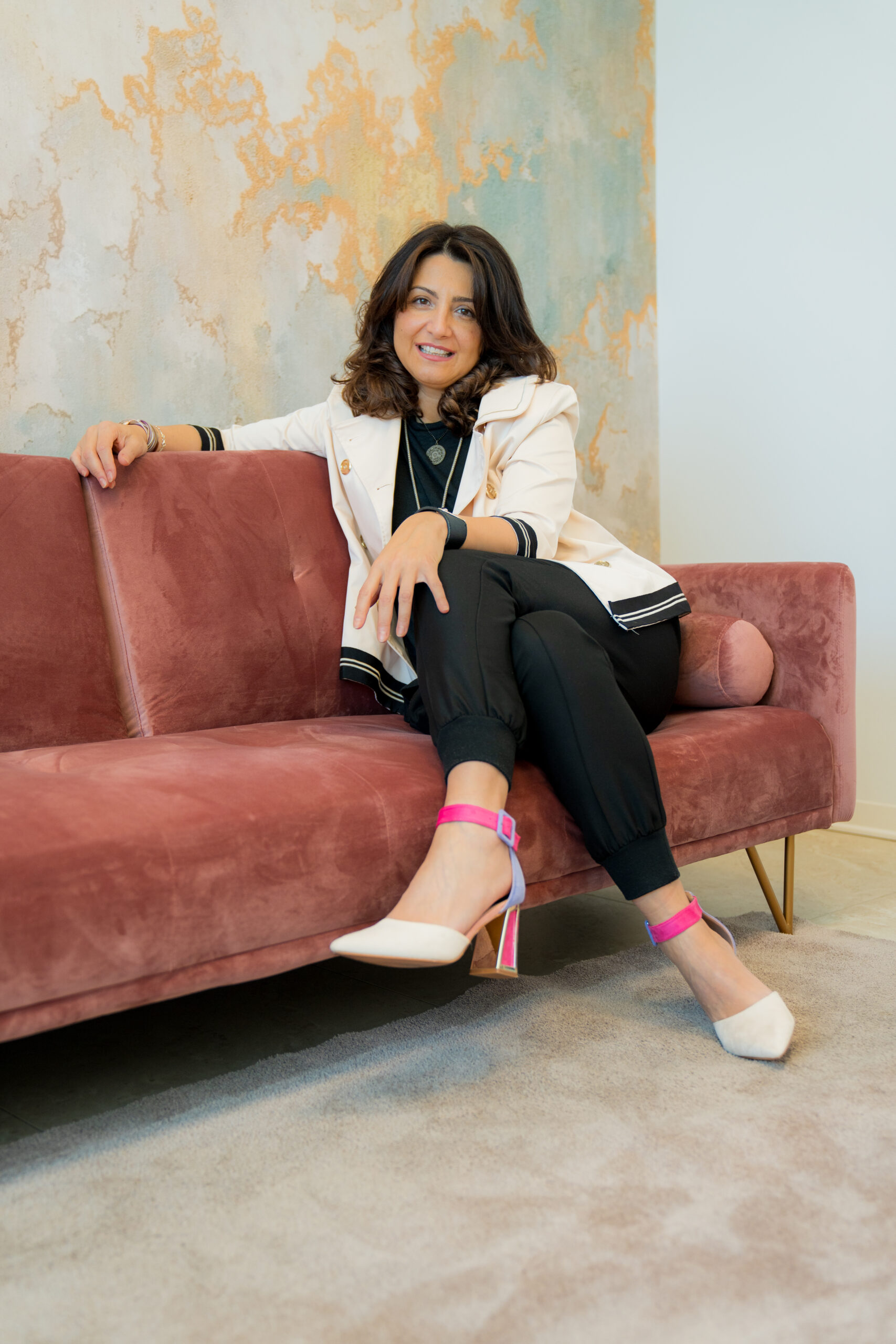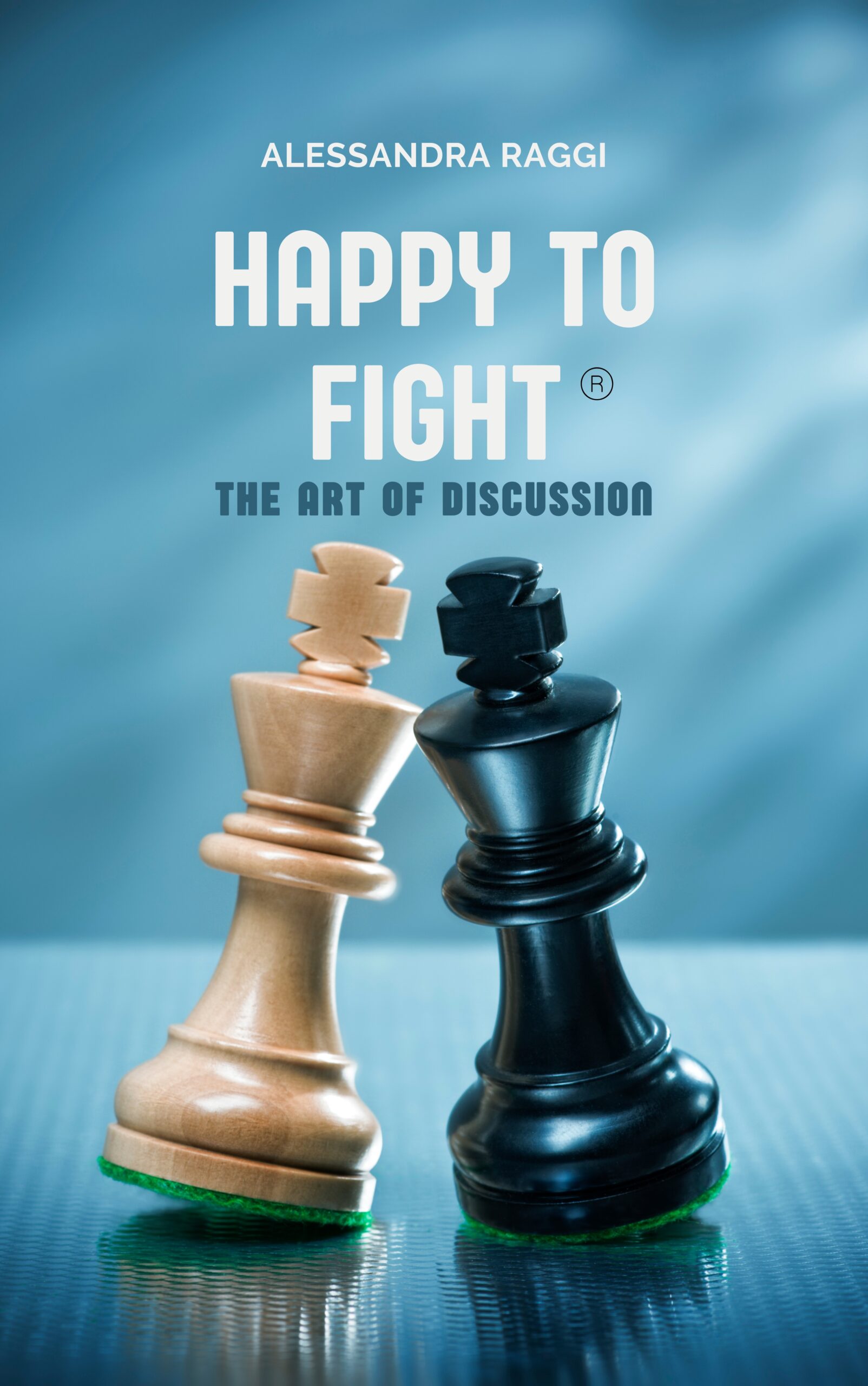THE ART OF DISCUSSION
POSITIVE CONFLICT MANAGEMENT
Is it really possible to experience such a “positive conflict”?
Diversity and Contrast are the drivers for evolution and expansion,
the Discussion is the “how”.
How can you learn to manage Conflict?
Only by going through it I

Alessandra Raggi was born in 1976. At the age of 19, she moved to London, where she stayed for five years studying and working. Then, she returned to Italy, where she graduated in Business Administration. In the years, while consolidating her consultant career, she has worked as an adjunct professor of Marketing at the University of Bologna and sat in several Company Boards. Currently, she’s dedicating herself to what she loves the most: Change Management and Leadership. The idea of her book comes right from her rich and varied experience. She flips the paradigm that sees the concept of “Fight” as something to be avoided, to be finally perceived as an opportunity for self-growth and source of Authenticity.
"What is fastest way to get to know somebody's nature ?
FIGHT WITH THEM"
Alessandra

From the Book
The choice is not IF, but WHO WITH.”
If you enter an exchange with a fixed set of possible outcomes, you’ll surely come out disappointed. And, what expectations should you have about the Discussion itself?
Learning how to ask with fun means being able to set your own boundaries effectively
HAPPY TO FIGHT – The Art of Discussion is a real vademecum on how to enter a debate and getting a successful result, for both parties. But what does “successful” mean? It means that at the end of the process you’ll get 4 main results:
1) Both parties gain a benefit;
2) The exchange ends with mutual respect and esteem;
3) Both parties are more than willing to engage in a new discussion/exchange with each other again;
4) The energy balance is positive (the fun is more than the energy used in the process)
Is it really possible to experience such a “positive conflict”? This book explains the steps to follow and the most frequent dynamics that intoxicate and invalidate this beautiful process. The key-point is that the discussion, the “fight” must become an opportunity to exchange, through which everybody grows and learns while having fun. Alessandra Raggi invites us to use the Discussion as a tool to understand who we are and to show our point of view, our “truth”, in a direct way, without any bias or prejudice. She tells us we should first accept and embrace ourselves, and simply show our “authentic self”. Our “Truth” becomes then a very powerful tool of self-definition and freedom for both parties.
